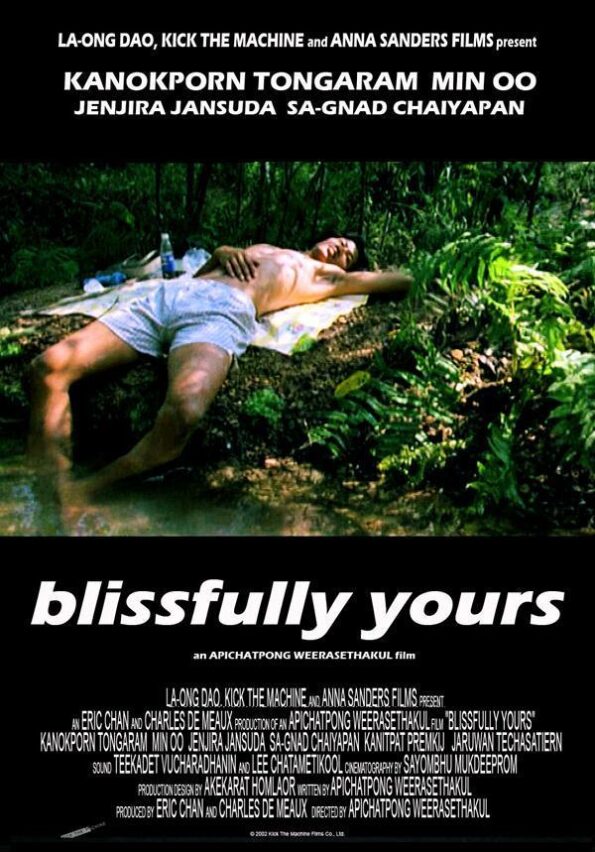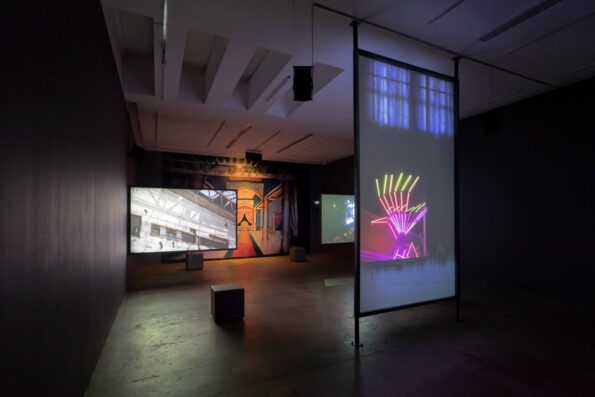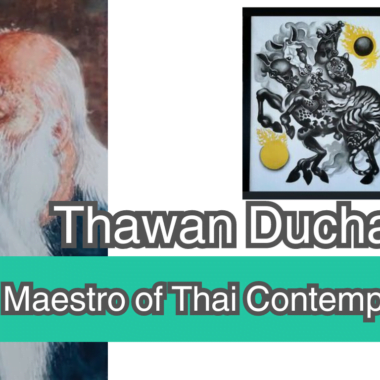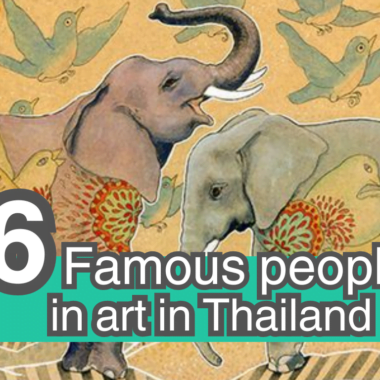Apichatpong Weerasethakul (artists), born on July 16, 1970, in Bangkok, Thailand, is a visionary filmmaker and visual artist whose work defies categorization and challenges conventional notions of storytelling and narrative structure. Known for his surreal and dreamlike films, Weerasethakul has garnered international acclaim for his unique approach to filmmaking and his exploration of themes such as memory, identity, and the supernatural.
Early Influences and Education (artists)
Growing up in Thailand, Weerasethakul was exposed to a diverse array of cultural influences, from traditional Thai folklore to Western cinema and art. He studied architecture at Khon Kaen University before pursuing a master’s degree in filmmaking at the School of the Art Institute of Chicago, where he developed his distinctive style and aesthetic sensibility.

Experimental Filmmaking and Art Installations (artists)
Weerasethakul’s early works were characterized by their experimental approach to filmmaking, often blurring the boundaries between documentary and fiction, reality and fantasy. His breakthrough film, “Blissfully Yours” (2002), won the Un Certain Regard prize at the Cannes Film Festival, bringing international attention to his innovative storytelling techniques and poetic imagery.
In addition to his work in cinema, Weerasethakul is also an accomplished visual artist, known for his multimedia installations and experimental films. His art often explores themes of memory, time, and the subconscious, inviting viewers to contemplate the nature of perception and reality.

Exploring the Supernatural and the Mundane (artists)
Many of Weerasethakul’s films are set in rural Thailand and feature elements of magical realism and the supernatural. His acclaimed film “Uncle Boonmee Who Can Recall His Past Lives” (2010) won the Palme d’Or at the Cannes Film Festival, further cementing his reputation as one of the most innovative and visionary filmmakers of his generation.
In addition to his feature films, Weerasethakul has also created numerous short films, video installations, and experimental projects that push the boundaries of cinematic storytelling and challenge viewers to reconsider their perceptions of time, space, and reality.
Legacy and Impact (artists)
Apichatpong Weerasethakul’s influence extends far beyond the world of cinema. His groundbreaking work has inspired a new generation of filmmakers and artists to explore the possibilities of storytelling and visual expression. Through his films and art, he invites us to question our understanding of the world around us and to embrace the mysteries and complexities of the human experience.
As Weerasethakul continues to push the boundaries of artistic innovation and creativity, his legacy as one of Thailand’s most visionary artists is assured. His work reminds us of the power of art to transcend boundaries and illuminate the hidden truths of the universe, inviting us to embark on a journey of exploration and discovery that knows no limits.


Apichatpong Weerasethakul (artists), the acclaimed filmmaker and visual artist, has received numerous awards and honors throughout his career for his contributions to cinema and art. Some of the most notable awards he has received include:
- Palme d’Or: Weerasethakul won the prestigious Palme d’Or, the highest prize awarded at the Cannes Film Festival, for his film “Uncle Boonmee Who Can Recall His Past Lives” in 2010. This award catapulted him to international fame and solidified his reputation as one of the most innovative filmmakers of his generation.
- Jury Prize: In addition to the Palme d’Or, Weerasethakul has also received the Jury Prize at Cannes for his film “Tropical Malady” in 2004. This recognition further cemented his status as a master filmmaker with a unique artistic vision.
- Golden Leopard: Weerasethakul’s film “Syndromes and a Century” received the Golden Leopard award at the Locarno Film Festival in 2006. This award recognized his exceptional talent and innovative approach to storytelling.
- Princess Margriet Award: In 2006, Weerasethakul was honored with the Princess Margriet Award for Cultural Diversity, which celebrates artists and cultural practitioners who promote intercultural dialogue and understanding through their work.
- International Film Critics Award (FIPRESCI): Weerasethakul’s films have been lauded by international film critics, and he has received multiple FIPRESCI awards for various works, including “Blissfully Yours” (2002) and “Syndromes and a Century” (2006).
- Thai National Film Association Awards: Weerasethakul has been recognized by the Thai film industry with multiple awards from the Thai National Film Association, including Best Director and Best Picture for his film “Blissfully Yours” (2002).







